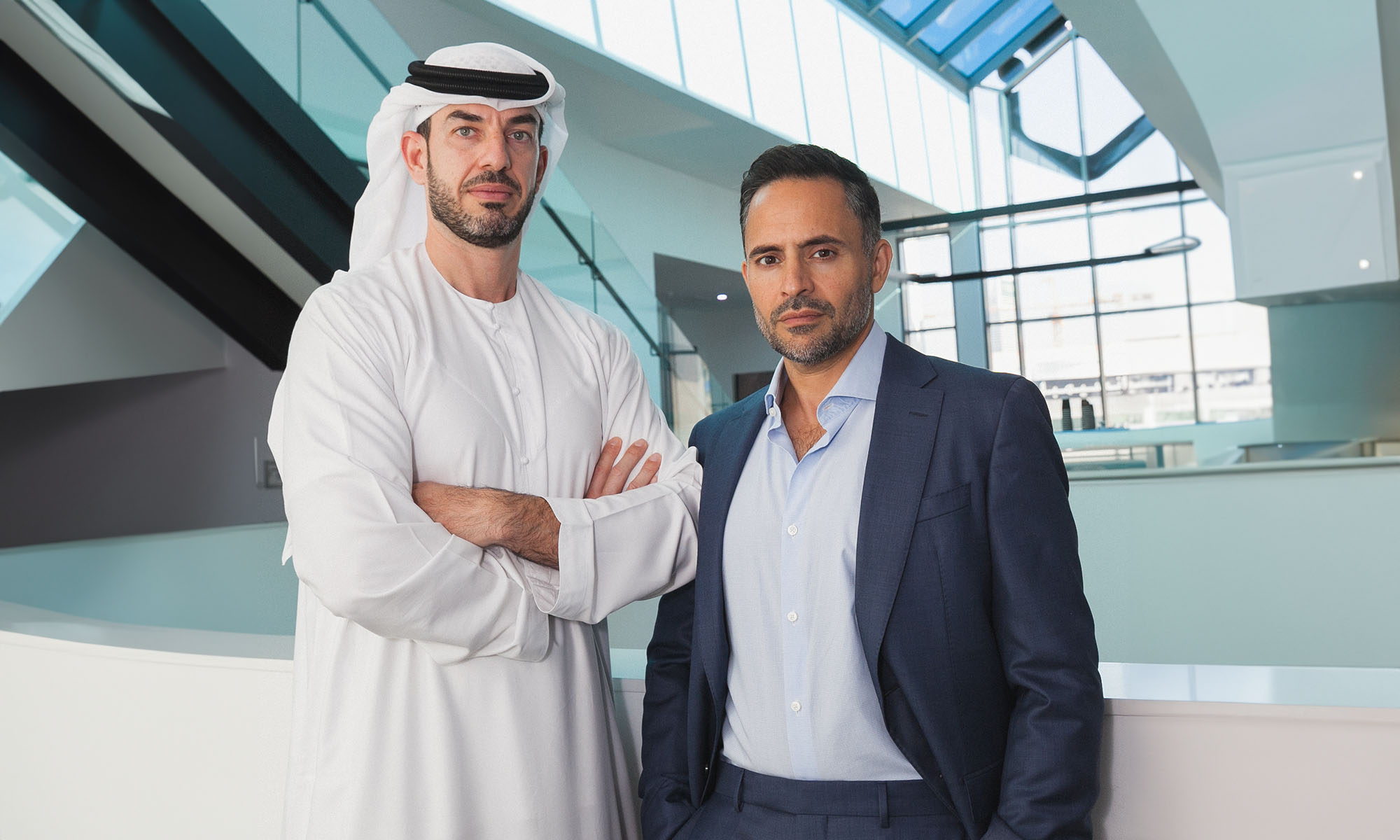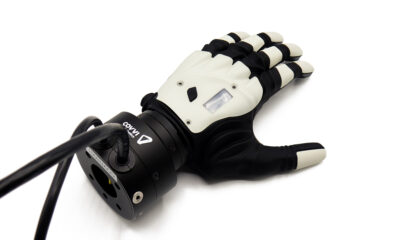News
meta[bolic] And ŌURA Partner To Manage Metabolic Disease
The hybrid therapeutics company will incorporate the smart ring into its programming, taking an innovative approach to care delivery.
![meta[bolic] and oura partner to manage metabolic disease](https://techmgzn.com/wp-content/uploads/2024/01/metabolic-and-oura-partner-to-manage-metabolic-disease.jpg)
For millions of people around the world, managing a metabolic disease can be emotionally challenging and complex. Metabolic issues are difficult to treat because they often require foundational behavioral changes combined with clinical interventions based on accurate medical data.
meta[bolic], a Dubai-based hybrid therapeutics company dedicated to managing chronic metabolic disease, aims to help people to better manage their metabolic health by partnering with ŌURA, the startup behind the Oura Ring — a smart wearable that delivers health data, and daily guidance into sleep, activity, readiness, and recovery.

“Wearables have come a long way in just the past few years,” explained Ali Hashemi, co-founder and chief executive officer of meta[bolic]. “Oura Ring is a step above the wearables of yesterday in terms of data fidelity and quality, but also in terms of interface and useful insights delivered to users. We are eager to bring ŌURA’s continuous monitoring and daily engagement to our patients, unlocking new capabilities around preventive care, behavior change, and habits”.
The partnership between ŌURA and meta[bolic] aims to empower patients with robust support and continuous remote data monitoring. By consistently tracking patient progress and identifying behavior patterns, the initiative will become a first step in a more integrated approach to preventive care.
“At ŌURA, we envision a future where the model for preventative care is multi-faceted and unique to each individual,” added Tom Hale, Chief Executive Officer of ŌURA. “True innovation in healthcare is driven by providers who are implementing multidimensional care and using integrated technology to empower people to make changes to their daily behavior that improve health and well-being”.
Also Read: Mobile Trends Shaping MENA In 2024
The ŌURA and meta[bolic] partnership will also include a dedicated research program to explore the relationship between sleep, stress, and metabolic health. The resulting data will provide useful biomarkers to measure how engagement levels and sleep impact glucose improvement.
The results of the research are expected within 12 months and will act as a framework for approaching metabolic health in a more comprehensive way while generating valuable insights for the scientific community and members of the public.
News
Alienware Just Announced Six New Gaming Monitors
The new models include three QD-OLED and three budget-friendly QHD options, expanding the company’s lineup for all gamers.

Alienware has just updated its gaming monitor lineup with six new additions, including the highly anticipated Alienware 27 4K QD-OLED Monitor. The latest wave of releases is set to reach more gamers than ever, offering high-end QD-OLED displays alongside more budget-friendly options.
The latest displays clearly show that the company is doubling down on QD-OLED with three new models sporting the technology. A redesigned Alienware 34 Ultra-Wide QD-OLED Monitor is also making a return, further refining what is already a fan-favorite display.
A Unified Design: The AW30 Aesthetic
All six monitors feature Alienware’s new AW30 design language, first introduced at CES. The AW30 aesthetic brings a futuristic, minimalist look that unites the entire lineup under a cohesive visual identity.
Pushing QD-OLED Even Further
The refreshed Alienware 34 Ultra-Wide QD-OLED Monitor (AW3425DW) builds on its predecessor’s success with a 240Hz refresh rate (up from 175Hz) and HDMI 2.1 FRL support. It also gains G-SYNC Compatible certification alongside AMD FreeSync Premium Pro and VESA AdaptiveSync, ensuring ultra-smooth performance. With a WQHD (3440×1440) resolution and an 1800R curve, this display enhances immersion for both gaming and cinematic experiences.
For those who crave speed, the Alienware 27 280Hz QD-OLED Monitor (AW2725D) pairs a high refresh rate with QHD resolution, balancing sharp visuals with ultra-smooth gameplay. Meanwhile, the Alienware 27 4K QD-OLED Monitor (AW2725Q) delivers stunning clarity with an industry-leading pixel density of 166 PPI, making it the sharpest OLED or QD-OLED monitor available.
Also Read: Infinite Reality Acquires Napster In $207 Million Deal
Worried about OLED burn-in? Alienware’s entire QD-OLED lineup comes with a three-year limited warranty covering burn-in concerns, offering peace of mind for gamers investing in these high-end displays.
Bringing QHD To A Wider Audience
Alongside QD-OLED, Alienware is also releasing three new QHD gaming monitors aimed at more price-conscious gamers. The Alienware 34 Gaming Monitor (AW3425DWM), Alienware 32 Gaming Monitor (AW3225DM), and Alienware 27 Gaming Monitor (AW2725DM) provide a range of sizes and formats to suit different preferences:
- The Alienware 34 Gaming Monitor (AW3425DWM): An ultrawide (WQHD) option for a panoramic, immersive experience.
- The Alienware 32 Gaming Monitor (AW3225DM): A standard 16:9 panel for a traditional but expansive desktop setup.
- The Alienware 27 Gaming Monitor (AW2725DM): A 27” display offering the same performance in a more compact form factor.
All three gaming monitors feature a fast 180 Hz refresh rate, a 1ms gray-to-gray response time, and support for NVIDIA G-SYNC, AMD FreeSync, and VESA AdaptiveSync to eliminate screen tearing. Additionally, with 95% DCI-P3 color coverage and VESA DisplayHDR400 certification, these displays deliver vibrant colors and high dynamic range for lifelike visuals.



























